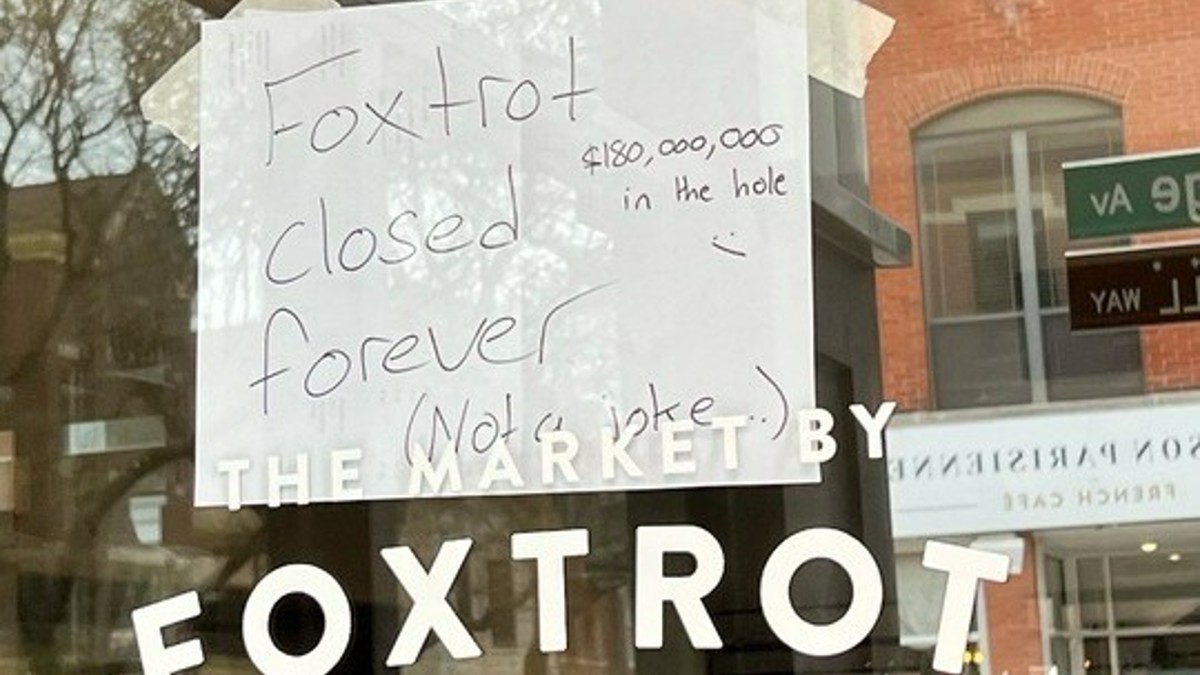After years of struggling not to lay teachers off, Texas public school districts suddenly are competing to hire new ones -- with some Houston area districts boosting starting salaries to $50,000.
The dramatic change in the market for teachers was evident this week as Pam Laughlin, director of Career Services at Sam Houston State University, looked down from the bleachers of the school coliseum, thrilled by the crowded recruitment fair below. "For a while there," Laughlin said, "it was grim."
In 2011, after the Texas Legislature slashed $5.4 billion from the state's education budget, Sam Houston's teacher career fair in Huntsville -- one of the Houston region's big ones -- was rocked. "This place was so empty," Laughlin told the Houston Chronicle "we had to use curtains to make it look smaller."
Last year the Legislature restored $3.9 billion of the funding it had cut. Now, as hiring season gets underway, districts -- particularly those in the competitive Houston area -- are scrambling to staff up again. This year Sam Houston's recruitment fair had a waiting list, and to lure prospective teachers to their tables, district representatives offered trinkets like pens and flash drives.
A few offered much more substantial bait: Signs trumpeting starting salaries at or above $50,000. A few small districts in the Houston area already offer salaries above $50,000. But this week Alief and Aldine ISDs became the first large area school systems to hit that number.
Aldine's school board seemed jubilant when it voted to boost the figure from $46,200 to $50,000. "I am pleased to make this motion," said board member Alton Scott. "And I am pleased to second it," said trustee Viola Garcia.
Superintendent Wanda Bamburg was among the most delighted. "Recruiting season is kicking up," she said. "We're going to job fairs, and it's good to make these decisions early, to get out ahead. I tell people, `Our competitors determine what we pay." When superintendents get together, Bamburg said, they tease each other, asking, "What will your starting salary be next year?"
Local
The latest news from around North Texas.
This year, districts even jockeyed to be the first to make the $50,000 announcement. "We announced it first on Twitter," bragged Craig Eichhorn, Alief's public-relations specialist, who tweeted his board's vote at 8:17 p.m. "I was like, `Get this meeting going! I want to be first!"
Hitting the mark early in the hiring season will give Aldine and Alief a jump on other districts. The competition, Bamburg noted, will be especially hot for the teachers that all districts need: those certified to teach bilingual classes, special education, or high school science and math.
For Aldine ISD, where roughly 70 percent of students are Hispanic, the need for bilingual teachers is particularly acute. "We pay a $4,500 stipend," said Bamburg. "So a starting bilingual teacher would make $54,500. I'd have loved to have made that when I was starting out."
Though Texas mandates a minimum salary, it's so low -- $27,320 for starting teachers -- that it's relevant only in rural districts. In the Houston area, teachers face a higher cost of living. But more relevant, it seems, is the competition to hire. Harris County includes 25 school districts, and private industry offers many better-paying opportunities for college-educated professionals.
The $50,000 starting salary Aldine and Alief will pay next year is roughly $700 higher than the current average salary for all Texas teachers, said Clay Robison, spokesman for the Texas State Teachers Association -- and that includes teachers with years of experience and advanced degrees.
Raising salaries is a good move, he said, but high starting salaries matter only in attracting new teachers. In general, Robison said, teachers' salaries don't grow as quickly as those of other professionals. "Between the first and fifth year of teaching, we see 50 percent of people leave the profession," said Robison. "People are fine the first year. But as they start having families and paying mortgages, a teacher's salary doesn't cut it."
At the job fair this week, students about to graduate clustered around Aldine's table, while seven district staff members tried to capture each potential hire. "Wait just a minute," said Gloria Cavazos, Aldine's assistant superintendent for human resources, drawing an asterisk on a resume. "I have to mark this one! It's bilingual!"
Things were quieter at the Friendswood ISD table, but lone recruiter Jan Scogin was happy just to be back at the fair. "We didn't come last year," she said. "As a recruiter, it's so sad to see the faces of people who are so hopeful, so needing jobs, and not to have anything to offer."
Friendswood, Scogin said, relies more on its reputation than on high salaries. For 2013-14, its starting salary was $44,500. Most would-be teachers at the job fair said salary mattered, but it wasn't their top concern. Travis Locke, who plans to teach science, said his main criterion is determined by his out-of-town girlfriend: He needs a job somewhere on Interstate 45, so they can be together on weekends.
Locke's roommate, David Tilbur, hopes to be certified soon in kinesiology and special ed. And no, he hadn't asked about starting salaries. "I'm a student," he said. "I make $12,000 a year now. So anything will be a big improvement."
Karla Gunn, one of the coveted new bilingual teachers, said that the most important thing to her was the school's environment and its support for new teachers. She laughed at the idea that money might be a major motivation for her: "I don't think anyone goes into teaching for the salary."



